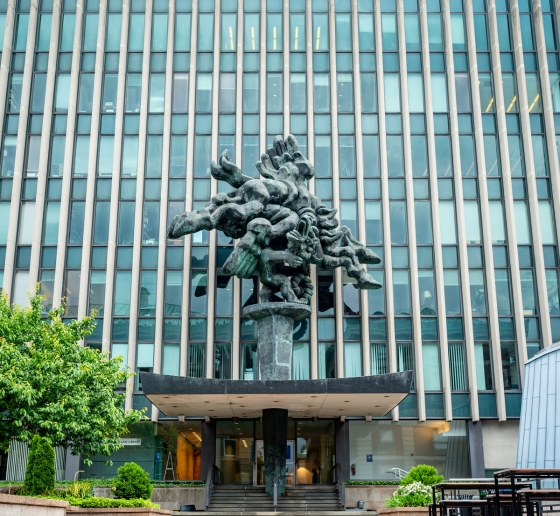New Academic Year Brings New Courses
From a deep dive into the 14th Amendment to a close examination of the Uniform Commercial Code, academic offerings for 2025-2026 include new seminars, lectures, and workshops on timely topics to deepen the intellectual experience available to Columbia Law students.

Each year, Columbia Law School faculty design and teach new courses to offer students greater breadth and depth of study, respond to legal trends, and explore pressing issues in law and society.
“We have added several courses that explore constitutional questions in the news, and the new faculty members joining Columbia Law this year are creating timely courses that include a focus on the regulation of gender and sexuality and a multidisciplinary examination of the interaction among corporations, law, and politics,” says Michael Heller, vice dean for academic affairs and Lawrence A. Wien Professor of Real Estate Law. “In addition, faculty who are returning to the Law School from government service, including former Federal Trade Commission Chair Lina Khan, will bring their perspective and experience to their course offerings.”
A sampling, below, of new courses taught by Columbia Law’s full-time faculty members covers a wide range of areas of study, from transactional law to legal history to national security.